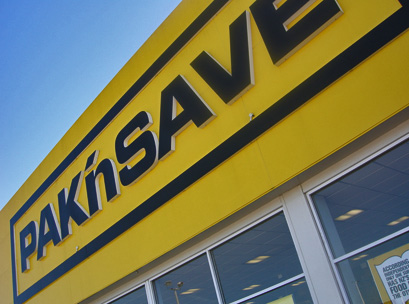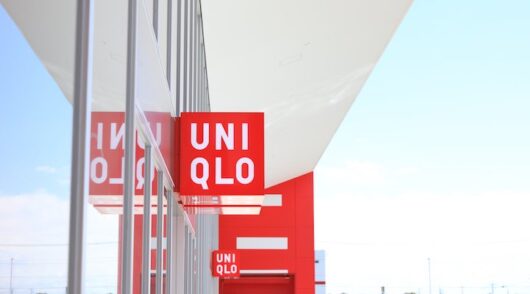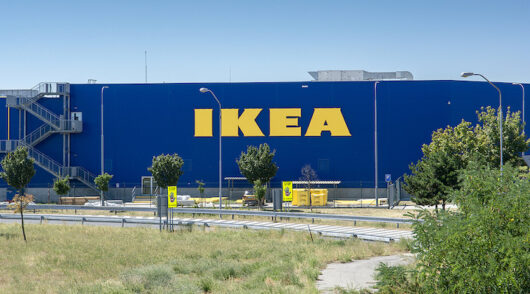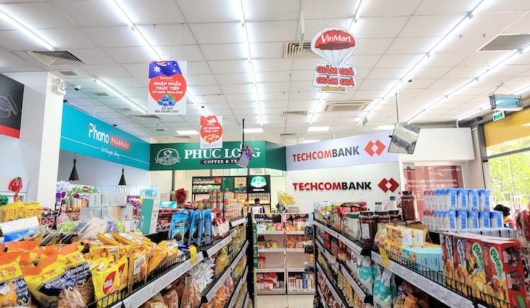If you’re not careful, you can appear to be going backwards as a retailer, even when you’re just standing still.
That’s one of the lessons I took away from a trip to New Zealand last week.
I flew across the ditch to speak at the Westfield Breakfast Seminar in Auckland. As part of the address I unveiled the results of a new survey into how Kiwi consumers rate retailers on value. The research asked 400 NZ shoppers to score 43 brands on different value dimensions.
The results were fascinating on a couple of levels.
According to the survey, the number one ‘good value’ brand in the country is Pak’n Save – sort of a cross between a supermarket/hypermarket and a Costco.
Yellow Pak’n Save big boxes dot the landscape, promising consumers “New Zealand’s lowest food prices”. As a trade-off, customers shop in a warehouse environment with cut carton displays, and are asked to pack their own groceries (hence the name), but the locals absolutely love it.
At the same time, Kiwis also scored Air New Zealand as good value. Not because it’s low priced (in fact 73 per cent of respondents agreed with the statement that “good value is more than just price”), but because the national carrier is expensive, but worth it. What this proves is that value can take many forms.
Coming in at number 33 on the list of good value brands was The Warehouse, the original flag bearer for value in NZ.
Once famous and beloved as the place “where everyone gets a bargain”, Kiwis’ ardour for the big red sheds has diminished.
While 67 per cent of respondents thought The Warehouse was good value, 95 per cent gave the thumbs up to Pak’n Save, and 93 per cent to the survey’s runner-up, NZ’s answer to eBay, online site Trade Me.
It’s clear to me that The Warehouse has been depositioned by some of the newer value players in the market and is suffering by comparison. And while The Warehouse is desperately trying to overhaul its offer, it doesn’t seem to be improving on value perceptions as quickly as some competitors.
What we’re seeing in NZ is also happening in other markets around the world.
In the US, Amazon and the various dollar stores have depositioned Walmart as the low price champion.
In Australia, Target has been depositioned by Myer reframing its pitch as closer to that of a discount department store, and online retailers like Asos, which offer cheap but chic fashion.
So retail brand positioning is both a relative concept, and not a one-time job. Retailers must carve out a clear space for their brand in a customer’s mind (what are you famous for?) and then they must continue to vigorously defend and grow that position, which means constantly refreshing what you stand for, and never assuming that you have a right to a piece of turf.
Is your brand in danger of being depositioned?
* Jon Bird heads up specialist retail marketing company IdeaWorks. Email Jon. Blog: www.newretailblog.com Twitter: @thetweetailer






